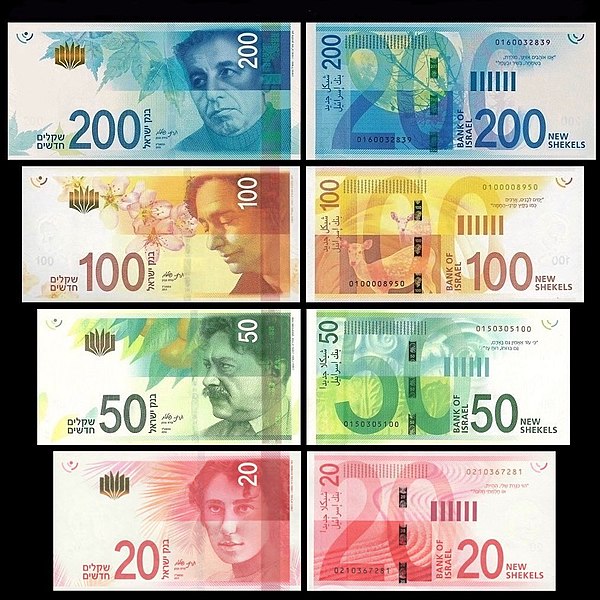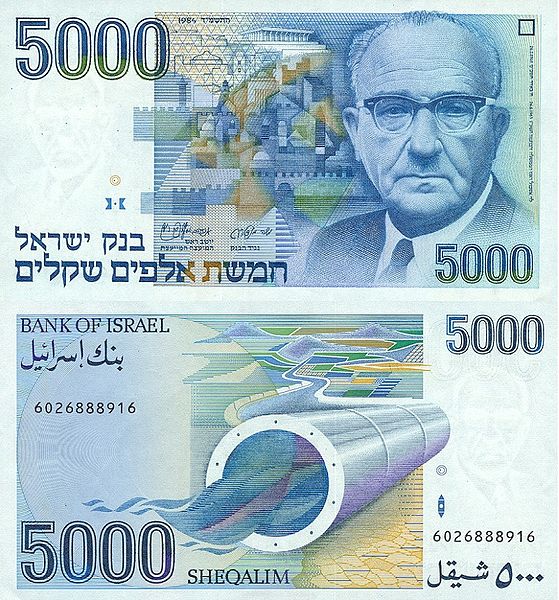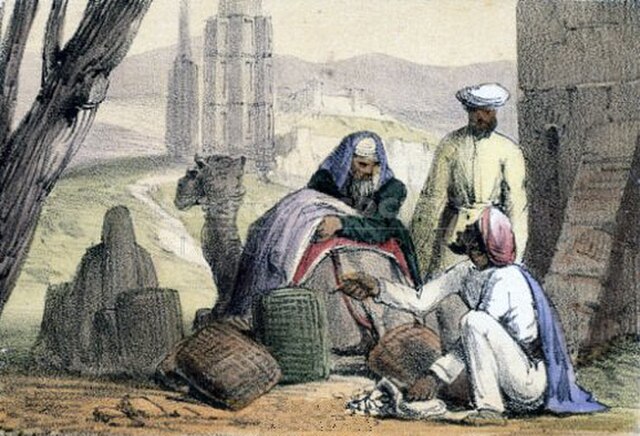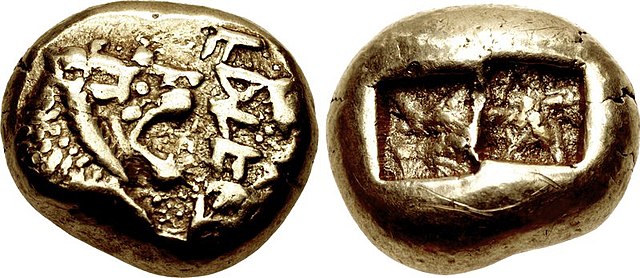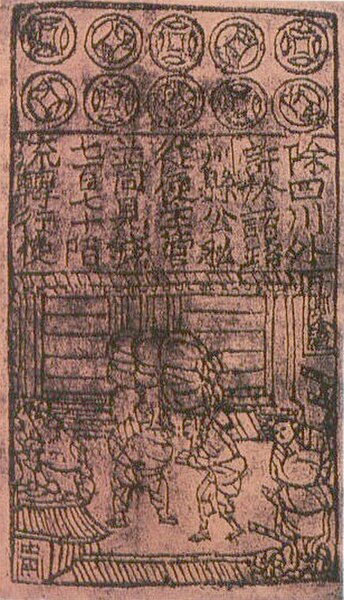The new Israeli shekel, also known as simply the Israeli shekel, is the currency of Israel and is also used as a legal tender in the Palestinian territories of the West Bank and the Gaza Strip. The new shekel is divided into 100 agorot. The new shekel has been in use since 1 January 1986, when it replaced the hyperinflated old shekel at a ratio of 1000:1.
New shekel banknotes (Current Series C)
Image: Israel 1000 Sheqalim 1983 Obverse & Reverse
Image: Israel 5000 Sheqalim 1984 Obverse & Reverse
Image: Israel 10000 NIS Bill 1984
A currency is a standardization of money in any form, in use or circulation as a medium of exchange, for example banknotes and coins. A more general definition is that a currency is a system of money in common use within a specific environment over time, especially for people in a nation state. Under this definition, the British Pound sterling (£), euros (€), Japanese yen (¥), and U.S. dollars (US$) are examples of (government-issued) fiat currencies. Currencies may act as stores of value and be traded between nations in foreign exchange markets, which determine the relative values of the different currencies. Currencies in this sense are either chosen by users or decreed by governments, and each type has limited boundaries of acceptance; i.e., legal tender laws may require a particular unit of account for payments to government agencies.
Cowry shells being used as money by an Arab trader
The world's oldest coin, created in the ancient Kingdom of Lydia
Song dynasty Jiaozi, the world's earliest paper money
A list of exchange rates for various base currencies given by a money changer in Thailand, with the Thailand Baht as the counter (or quote) currency. Note the Korean currency code should be KRW.

